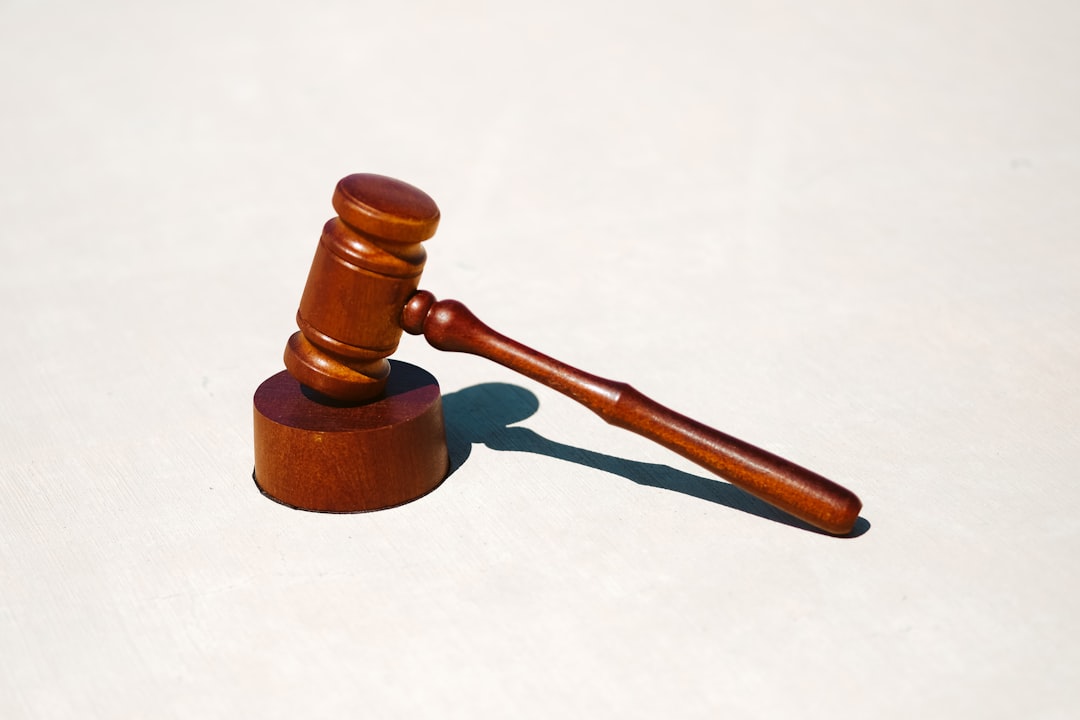North Dakota's strict Spam Call law firm regulations aim to make roads safer by reducing driver distractions. The state bans handheld device use while driving, with exceptions for GPS and hands-free calls, and enforces these laws with robust penalties. Consulting a Spam Call law firm North Dakota is advised for safe driving practices, protecting against not just spam calls but also ensuring compliance with severe fines up to $15,000 per incident.
In North Dakota, staying safe on the road goes hand in hand with adhering to strict electronic device laws. With an increasing number of distractions behind the wheel, understanding and complying with these regulations is crucial. This article explores North Dakota’s electronic device laws for drivers, focusing on the key provisions and penalties, particularly those related to spam call laws. We also offer practical tips to help you stay safe and compliant on North Dakota’s roads.
Understanding North Dakota's Electronic Device Laws for Drivers
In North Dakota, understanding and adhering to electronic device laws while driving is crucial for your safety and that of other road users. The state has implemented strict regulations to combat distractions behind the wheel, aiming to reduce accidents caused by drivers using mobile devices. One key law is the Spam Call law, which extends beyond just telemarketing calls, encompassing all forms of unauthorized communication via electronic devices during driving.
Drivers in North Dakota are prohibited from holding or using a handheld electronic device while operating a vehicle. This includes activities like sending texts, making calls, or accessing apps. Exceptions exist for GPS navigation systems and hands-free devices, but drivers must keep their eyes on the road and hands on the steering wheel. Enforcement of these laws is taken seriously, with potential fines and penalties for violators. Staying informed about North Dakota’s electronic device laws can help ensure a safe driving experience for everyone. Consider consulting a local Spam Call law firm for expert advice if you have any concerns or questions regarding these regulations.
Key Provisions and Penalties of the Spam Call Law Firm in ND
In North Dakota, the Spam Call Law Firm plays a pivotal role in regulating and mitigating unwanted phone calls, especially those deemed as spam. The key provisions of this law aim to protect consumers by restricting certain types of telemarketing practices. Specifically, it bans pre-recorded or automated messages from being left on landlines or mobile phones without the caller’s explicit consent. Any violation of these rules can lead to stringent penalties, including substantial fines and legal repercussions.
The penalties for violating the Spam Call Law in North Dakota are designed to be deterrents. Fines can range from $500 to $15,000 per incident, with additional damages if consumers can prove emotional distress or other harm caused by the spam calls. These strict measures underscore the state’s commitment to ensuring peace of mind and privacy for its residents, especially when it comes to managing their phone lines from unwanted commercial calls.
Staying Safe on the Road: Tips for Complying with ND Electronics Regulations
Staying Safe on the Road: Tips for Complying with ND Electronics Regulations
In North Dakota, drivers must prioritize safety while behind the wheel to comply with state laws regarding electronic devices. The Spam Call law firm in North Dakota emphasizes that engaging with mobile phones or other electronic gadgets while driving can be extremely dangerous and is strictly regulated. To avoid potential risks and penalties, it’s crucial to understand and follow these guidelines.
When operating a vehicle, ensure your full attention is on the road. Limiting the use of electronic devices to hands-free modes or voice commands allows for better focus on driving. Remember, even with advanced technology, no call or text message is worth endangering lives. Stay informed about North Dakota’s electronics regulations, and always consider safety first to protect yourself and others on the road.






